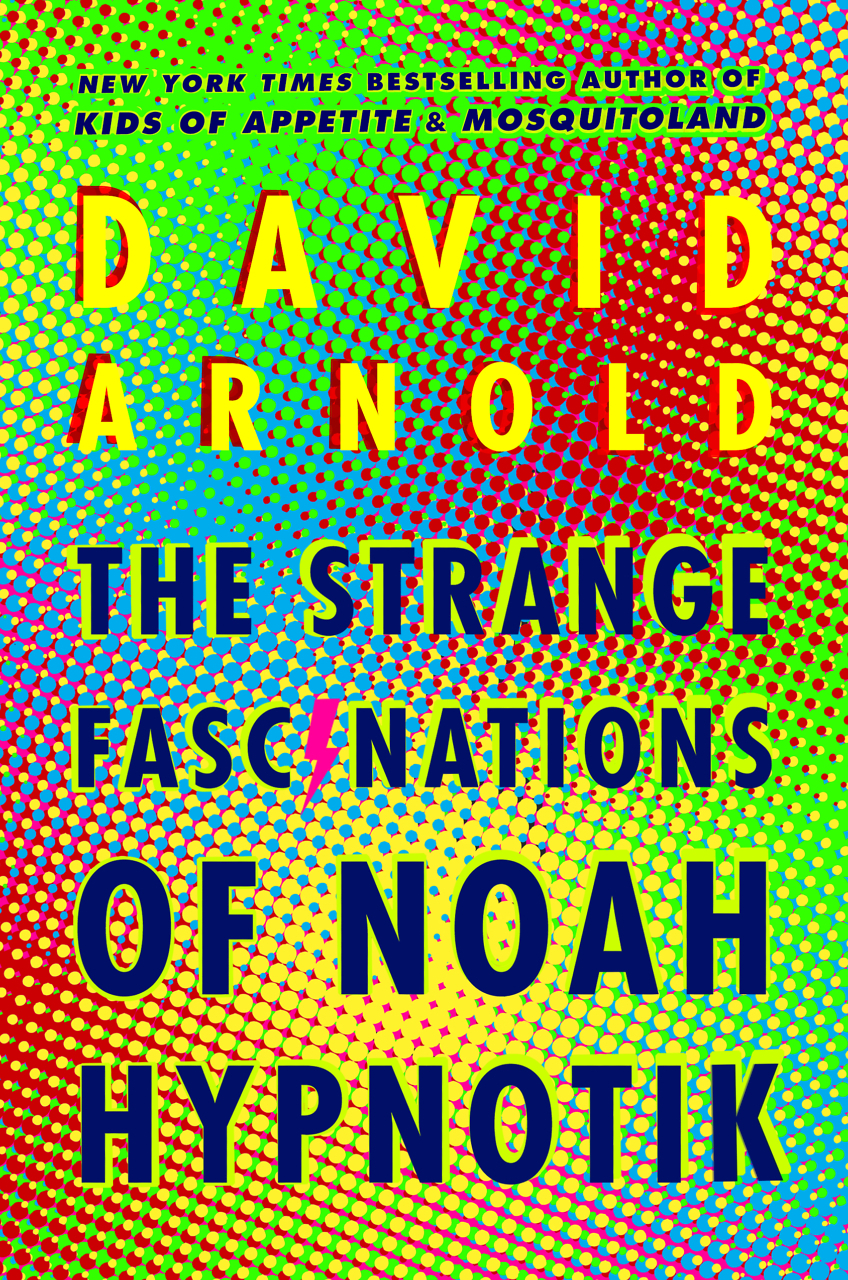Chase Me Out of the Dark
In A Man Came Out of a Door in the Mountain, Adrianne Harun’s characters move between the real world and the supernatural
True evil does its work under cover of the most commonplace situations, going unnoticed until the damage is done and it has slipped out of the known world, back through doors hidden in the weeds and brambles of our consciousness. Acclaimed short fiction writer Adrianne Harun, who is on the faculty of the Sewanee School of Letters, sets A Man Came Out of a Door in the Mountain, her debut novel, along this permeable boundary between our world and the supernatural.
 For high-schooler Leo Kreutzer and his friends, summer isn’t a carefree time to spend exploring and having fun. Summer’ s oppressive heat is just one more challenge to face in their community, a remote logging town in British Columbia populated by poor whites and poorer native people for whom every form of aid comes with its own kind of trouble. Leo and company keep to themselves, avoiding the attention of the thuggish Nagle brothers and their meth chef and moonshiner boss, Gerald Flacker. Then a stranger appears in their midst, a young woman whose eerie calm radiates an otherworldly glow. Soon other mysterious outsiders begin to exert an uncanny influence on Leo and his friends, setting a spark to the tinder of pent-up tension that could set the whole town alight.
For high-schooler Leo Kreutzer and his friends, summer isn’t a carefree time to spend exploring and having fun. Summer’ s oppressive heat is just one more challenge to face in their community, a remote logging town in British Columbia populated by poor whites and poorer native people for whom every form of aid comes with its own kind of trouble. Leo and company keep to themselves, avoiding the attention of the thuggish Nagle brothers and their meth chef and moonshiner boss, Gerald Flacker. Then a stranger appears in their midst, a young woman whose eerie calm radiates an otherworldly glow. Soon other mysterious outsiders begin to exert an uncanny influence on Leo and his friends, setting a spark to the tinder of pent-up tension that could set the whole town alight.
It’s a town that is given no name in the story, as Leo explains in a chapter-long aside. “You see, here’s a place where a singular story won’t suffice, if one ever could,” he says in the measured tone of someone who is accustomed to watching his step. “The way we see this place is different from how you would if, say, you were a vanload of senior climbers come for a camping trip from the city or the exiled Bavarian wife of the lumber executive constantly comparing our forests with those of your youth or a Kitselas woman working your first job at the Centre after pushing through the community college and nearly collapsing under a daily weight of disregard so that you vibrate with the dual desire to both shake and embrace everyone you meet.”
The characters in A Man Came Out of a Door in the Mountain are filled with both longing and rage, with violence lurking just beyond every hairpin turn of a logging road and every repulsive motel-room door. “The devil doesn’t care about character development,” says Leo’s dying Uncle Lud. “He favors regression, backsliding, the wave-on-wave corruption, the dissolution, if you will, of character.” Harun’s tightly-woven plot provides a viable devil in the form of Gerald Flacker, a truly epic villain, and then sets up an old-fashioned showdown between good and evil.
Rendered in beautifully vivid language, Leo and his friends rely on hidden strengths to confront poverty’s heaping indignities and casual cruelties. The “invisible” world they live in is ours, the burning of its living fire all too easy to miss in the light of day.

Stephen Trageser is a lifetime Middle Tennessee resident and a freelance writer. When he isn’t absorbed in a book, on behalf of Chapter 16 or just for fun, you’ll likely find him previewing or reviewing music for the Nashville Scene.


